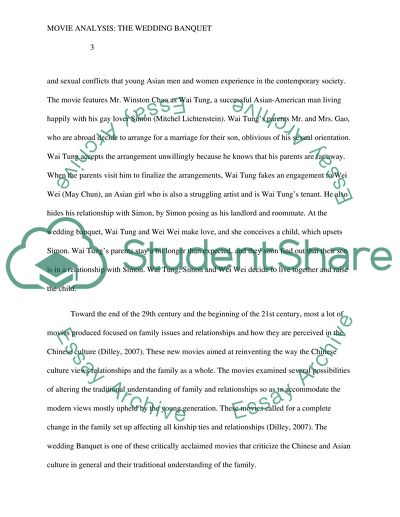Cite this document
(“Movie analysis Essay Example | Topics and Well Written Essays - 1250 words”, n.d.)
Retrieved from https://studentshare.org/visual-arts-film-studies/1480068-movie-analysis
Retrieved from https://studentshare.org/visual-arts-film-studies/1480068-movie-analysis
(Movie Analysis Essay Example | Topics and Well Written Essays - 1250 Words)
https://studentshare.org/visual-arts-film-studies/1480068-movie-analysis.
https://studentshare.org/visual-arts-film-studies/1480068-movie-analysis.
“Movie Analysis Essay Example | Topics and Well Written Essays - 1250 Words”, n.d. https://studentshare.org/visual-arts-film-studies/1480068-movie-analysis.


